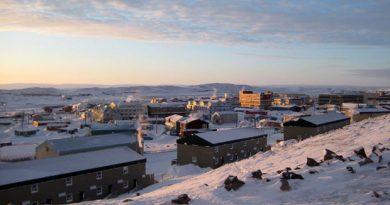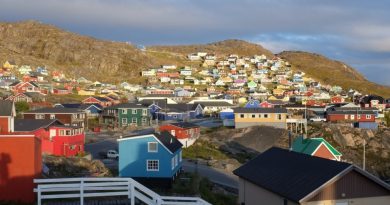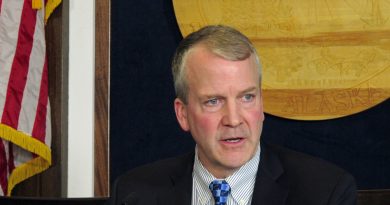‘Change is here’: Yukon Party wins majority government, as Liberals implode
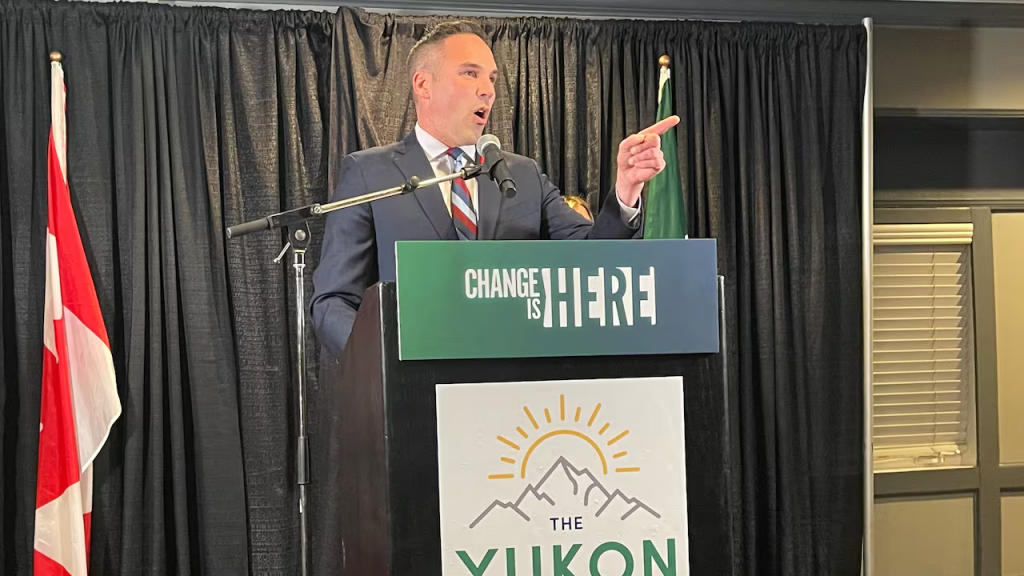
Currie Dixon to become Yukon’s 12th premier, and 1st to be born in the territory
Currie Dixon’s Yukon Party has won a majority government in Monday’s territorial election, marking the party’s return to government after nine years in opposition.
“What a night and what a result,” Dixon said in a victory speech late in the evening. The Yukon Party was expected to win in 14 of the territory’s 21 ridings.
“Tonight Yukoners chose to move on from the status quo. They chose a new path. They chose change.”
Dixon’s victory marks the end of nine years of Liberal government in the Yukon, the last four of which saw the party’s minority government propped up by the NDP. Now, the Liberals looked set to return to the political wilderness, leading only in the territory’s smallest riding — Vuntut Gwichin.
Kate White’s NDP, meanwhile, have won six seats in the legislature, enough to move from third-party status to Official Opposition.
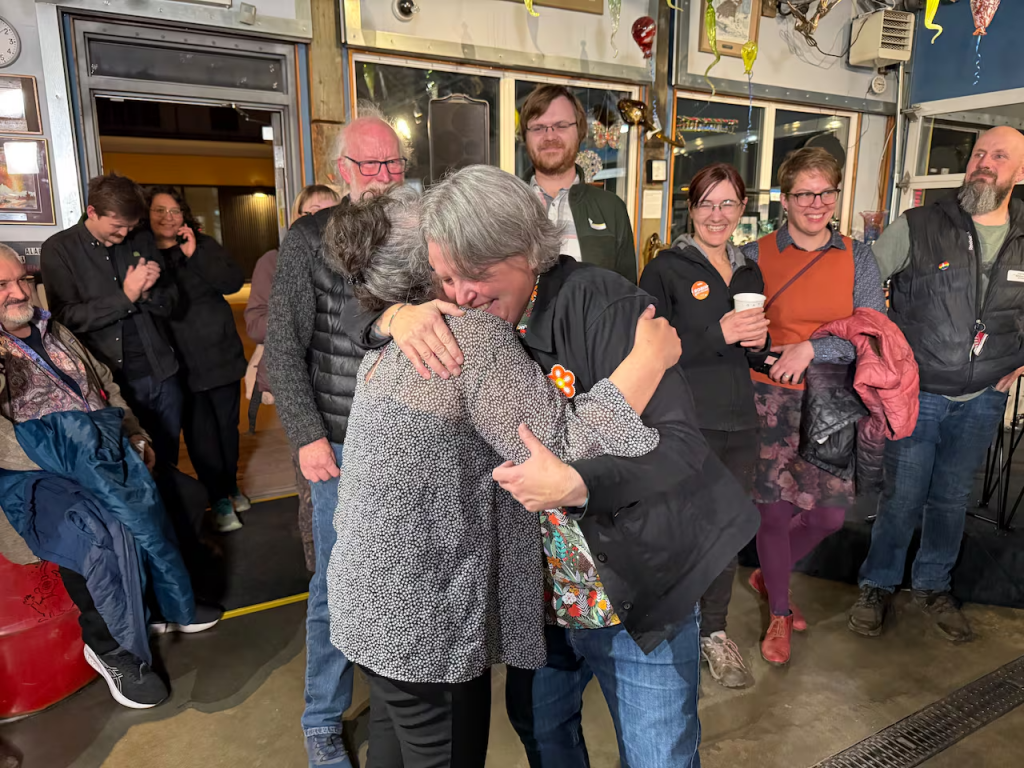
Dixon, 40, will become the territory’s 12th premier and the first to be born in the territory. He was a former cabinet minister in Darrell Pasloski’s government a decade ago, and has been leader of the conservative-leaning party since 2020.
The four-week election campaign was dominated by talk about the territory’s strained health-care system, the housing shortage, community safety, and the cost of living. Dixon touched on all those issues in his victory speech, again vowing “change.”
Dixon said Yukoners want to see Whitehorse’s downtown “cleaned up and made safe,” and also want the territory’s economy “back on track.”
“The Yukon government should no longer be an impediment to the growth of the private sector. It should create the conditions for growth, focus on doing what governments do well, and get out of the way of private industry,” he said.
“Yukoners have told us that they want to see this change, and the good news is that change is here.”
Speaking to CBC News on Monday night, White says she was excited by her party’s gains. The party held three seats in the last legislative assembly and is now set to have six.
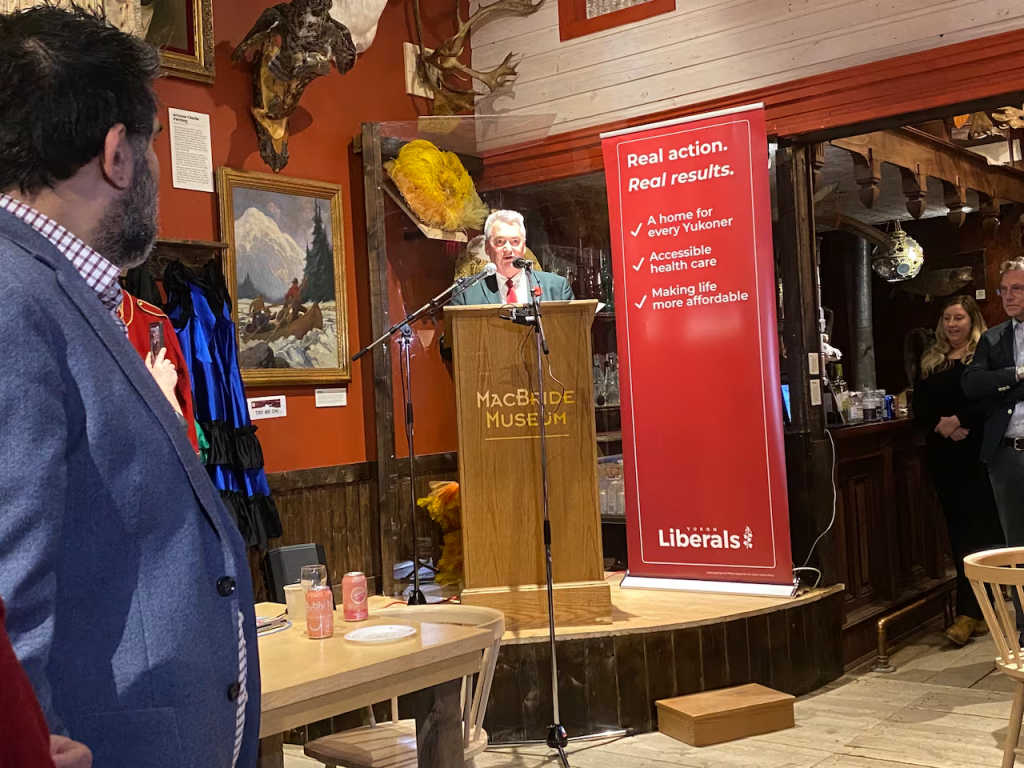
The last time the NDP was the Official Opposition was during the Yukon Party’s last term as government, a decade ago. White said her job now is to hold the new government to account.
“Which is something that I have a fair amount of experience in,” White said.
“We know Yukoners are struggling with affordability, with access to health care, housing, education — there’s a whole series of problems. And so that is what we will make sure they deliver.”
Liberal Leader Mike Pemberton, meantime, told a room of downcast party supporters on Monday night that “we’ve been here before.”
“And you saw what happened — we came back with vengeance.”
Before 2016, the last Liberal government was voted out in 2002 and the party was stuck in the doldrums for years. This was Pemberton’s first election as party leader, and as a politician.
“The results tonight weren’t what we hoped for, but I’m deeply proud of this campaign and this team,” he said.
“This is a moment that we regroup, we listen more, and we rebuild.”
Yukoners also voted overwhelmingly in favour of electoral reform on Monday, though it’s not clear whether anything will come of it.
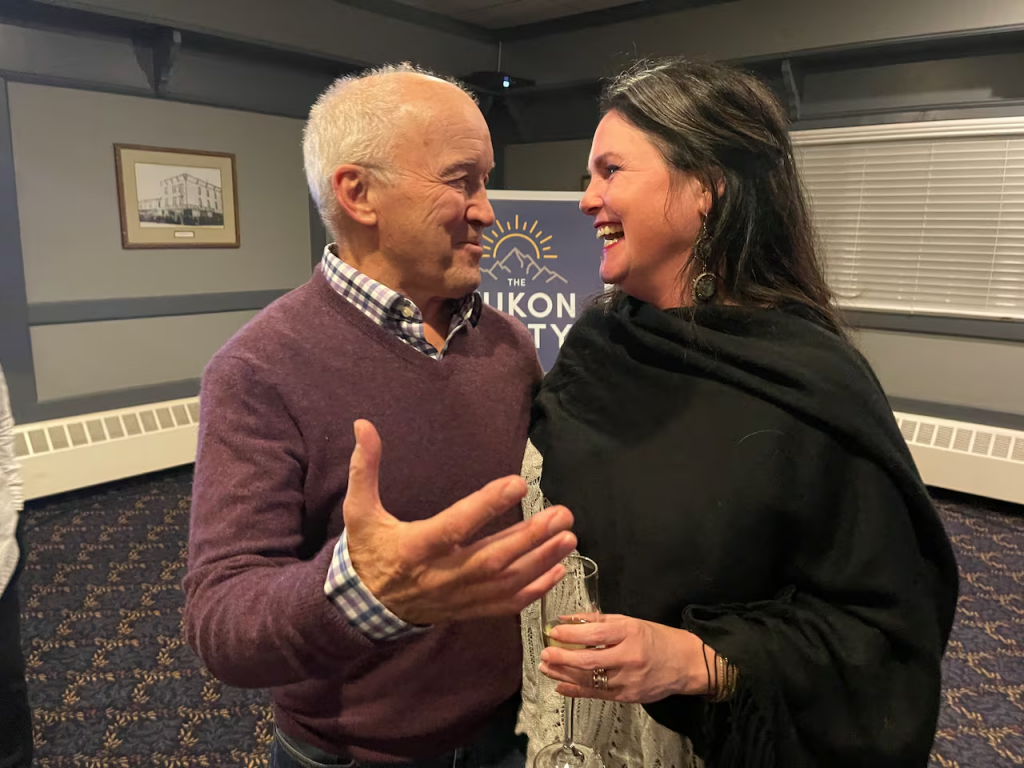
A plebiscite, held concurrently with the election, asked whether voters wanted to change from the current first-part-the-post system to a ranked ballot system. Just over 56 per cent — more than 10,000 voters — said they were in favour of the change, while 43 per cent were opposed.
The plebiscite results are non-binding on the next government, however, and Dixon indicated during the campaign that he would not change the voting system no matter the result.
Former Yukon Party cabinet ministers re-elected
Along with Dixon holding onto his Copperbelt North seat, all Yukon Party MLAs who ran for re-election this time held onto their seats, including longtime party MLAs and former cabinet ministers Brad Cathers, Scott Kent, and Wade Istchenko, and also Patti McLeod and Yvonne Clarke, who are both representing new ridings.
The party has also picked up former Liberal premier Ranj Pillai’s seat in Porter Creek South, where newcomer Adam Gerle won, and the Whitehorse West riding, where Laura Lang defeated Pemberton.
Ted Laking and Doris Anderson also won seats for the Yukon Party in Porter Creek Centre and Porter Creek North, respectively, along with Tyler Porter in the new Southern Lakes riding, and Cory Bellmore in Mayo-Tatchun, where she ousted Jeremy Harper, the only Liberal seeking re-election this time. Linda Benoit won the new Whistle Bend South riding for the Yukon Party, and Jen Gehmair won Marsh Lake-Mount Lorne-Golden Horn.
For the NDP, White will hold onto her Takhini riding, and the party’s Lane Tredger won re-election in the longtime NDP stronghold of Whitehorse Centre. The NDP also picked up at least four seats held by Liberals in the last government: Klondike, where former Liberal premier Sandy Silver was the longtime MLA, as well as Mountainview, Riverdale South, and Riverdale North, all held by Liberal cabinet ministers in the last government. Brett McDonald also won Klondike for the NDP, Linda Moen in Mountainview, Justin Ziegler in Riverdale South and Carmen Gustafson in Riverdale North.
The Liberals, meantime, looked set to win just one seat, with the party’s Debra-Leigh Reti holding a narrow lead in the smallest, northernmost riding in the territory, Vuntut Gwichin. That result will go to a mandatory recount, with Reti holding 52 votes and NDP incumbent Annie Blake holding 45.
Turnout in the election was down significantly from the last vote in 2021. According to unofficial numbers from Elections Yukon on Monday night, just 53 per cent of registered electors cast a ballot. That’s down from 65 per cent in 2021 and 76 per cent in 2016.
All of CBC North’s coverage of the Yukon territorial election can be found here.
Related stories from around the North:
Canada: Nunavut election saw one of the lowest voter turnouts in territory’s history, CBC News
Norway: Norway elections-Labor Party wins amid populist right-wing surge, The Independent Barents Observer

